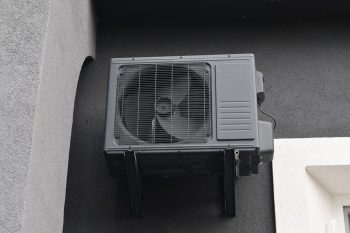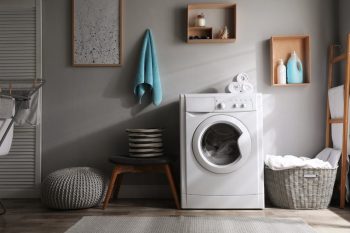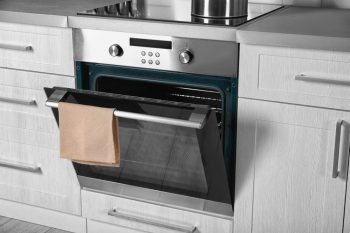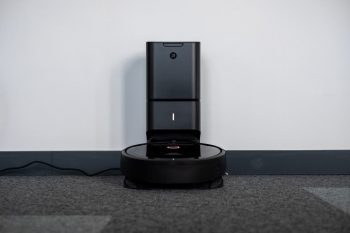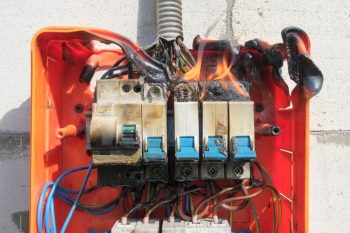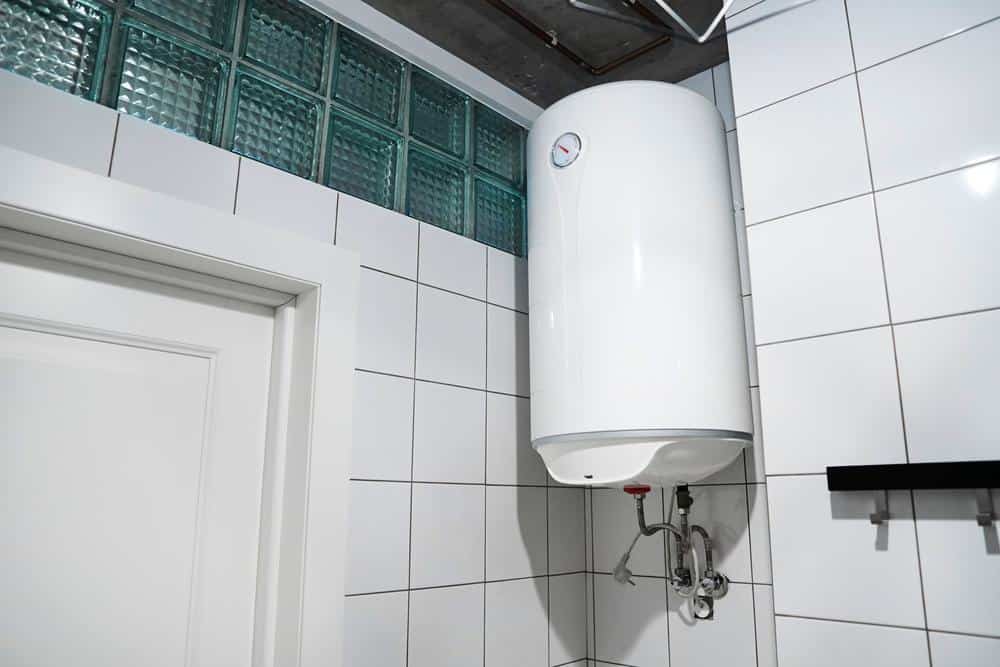
In the quest for comfort and convenience, a reliable hot water heater becomes an indispensable home appliance. But with numerous brands and models in the market, deciding on the best water heater can be challenging. This comprehensive guide is designed to help you understand what the top-rated hot water heater is and why it’s rated as such.
The top-rated hot water heater according to various sources is the Rheem Performance Platinum Series Gladiator 50-Gallon Electric Water Heater. This model is highly regarded for its performance, energy efficiency, and advanced features. However, the best water heater for you depends on your specific needs in terms of space, hot water demand, and energy efficiency. Other top-rated brands include A.O. Smith, Bradford White, Stiebel Eltron, Ecosmart, Bosch, and Takagi.
Top-Rated Hot Water Heater
According to various sources, the Rheem Performance Platinum Series Gladiator 50-Gallon Electric Water Heater ranks as the top-rated hot water heater. Renowned for its performance, energy efficiency, and state-of-the-art features, this model offers a glass-lined tank, Energy Star certification, and a user-friendly digital display. Other top-rated brands include A.O. Smith, Bradford White, Stiebel Eltron, Ecosmart, Bosch, and Takagi.
However, choosing the best water heater isn’t just about picking the top-rated unit. It’s about finding a water heater that meets your specific needs in terms of space, hot water demand, and energy efficiency.
Key Factors Determining the Quality of a Hot Water Heater
When evaluating the quality of a hot water heater, consider the following factors:
- Fuel type, availability, and cost: The type of energy source your heater uses can significantly affect its operation costs and energy efficiency.
- Size: A correctly sized water heater is crucial for providing adequate hot water and maximizing efficiency.
- Energy efficiency: Check the heater’s energy factor (EF) to determine its energy efficiency.
- Uniform Energy Factor (UEF): This factor measures energy efficiency for certified gas-fired instantaneous water heaters and high-capacity storage water heaters.
- Maximum Gallons Per Minute (Max GPM): This criterion is crucial for evaluating the performance of gas-fired instantaneous water heaters.
- Warranty: A longer warranty indicates better quality.
- Quality of tank and heating element: Opt for corrosion-resistant water heaters for durability and reliability.
Safety standards, anti-scale devices, and regular maintenance are also vital considerations when choosing a hot water heater.
Leading Hot Water Heater Brands
The leading hot water heater brands in the market include Rheem, A.O. Smith, Bradford White, Bosch, and EcoSmart. These brands are known for their innovative, high-efficiency water heaters, offering a wide variety of models for both residential and commercial uses.
Highly Rated Features
Features that typically make a hot water heater highly rated by consumers include energy efficiency, gallons per minute and first-hour rating, quality heat exchanger and heating elements, digital display, anti-scale devices, warranty, tank size, and Energy Star certification.
Energy Efficiency Impact
A water heater’s energy efficiency impacts its rating through the Uniform Energy Factor (UEF). A higher UEF rating signifies that the water heater is more energy-efficient, leading to lower operating costs. Energy Star certified water heaters meet strict energy efficiency guidelines set by the U.S. Environmental Protection Agency.
Tank vs. Tankless Water Heaters
Both tank and tankless water heaters have their advantages and disadvantages. Tankless water heaters are generally more energy-efficient and have a longer lifespan, typically around 20 years. However, they have higher upfront costs. On the other hand, storage tank water heaters have lower upfront costs and provide immediate hot water, but are less energy-efficient and have a shorter lifespan, lasting around 10 to 15 years.
Average Lifespan
The average lifespan of top-rated hot water heaters depends on the type. Most tank water heaters have an average lifespan of 8 to 12 years, while tankless water heaters can last as long as 20 years.
Cost Comparison
The cost of top-rated hot water heaters varies depending on the type, brand, and features. Generally, tank-style water heaters cost between $650 to $2,150, while tankless water heaters can range from $1,000 to $3,500. Installation costs are separate.
Warranty Options
Top-rated hot water heaters usually come with warranties ranging from 6 to 12 years, covering the tank and parts. Some well-known brands with good warranty options include A.O. Smith, Rheem, Bradford White, American Standard, and Bosch.
In conclusion, the top-rated hot water heater is the one that best fits your needs in terms of energy efficiency, size, longevity, and cost. By considering all these factors, you can make a well-informed decision and enjoy the comfort of a reliable hot water supply in your home.
Frequently Asked Questions
What is the Energy Star certification?
The Energy Star certification is a label given by the U.S. Environmental Protection Agency to products that meet strict energy efficiency guidelines. This certification helps consumers identify and purchase energy-efficient products that offer savings on energy bills without sacrificing performance, features, and comfort.
What is the difference between the Energy Factor (EF) and the Uniform Energy Factor (UEF)?
Energy Factor (EF) is a measure of a water heater’s overall efficiency by comparing the amount of energy coming into the heater to the amount of energy it puts out. On the other hand, Uniform Energy Factor (UEF) is a newer measure of efficiency which is used in the updated DOE test procedures. UEF is more indicative of a water heater’s efficiency as it considers factors such as standby losses and cycling losses, which are not included in the EF rating.
What is an anti-scale device in a water heater?
An anti-scale device is a component in water heaters that helps reduce the accumulation of mineral scale at the bottom of the tank by swirling the water. This can prolong the life of the tank and lower energy costs.
What does the first-hour rating in a water heater mean?
The first-hour rating is the amount of hot water in gallons the heater can supply per hour starting with a tank full of hot water. It depends on the tank capacity, source of heat (burner or element), and the size of the burner or element.
Why is the size of the water heater important?
The size of the water heater determines how much hot water it can provide and how quickly. If the water heater is too small, it may not be able to meet the household’s hot water needs. Conversely, if it’s too large, it may waste energy by heating more water than needed.



